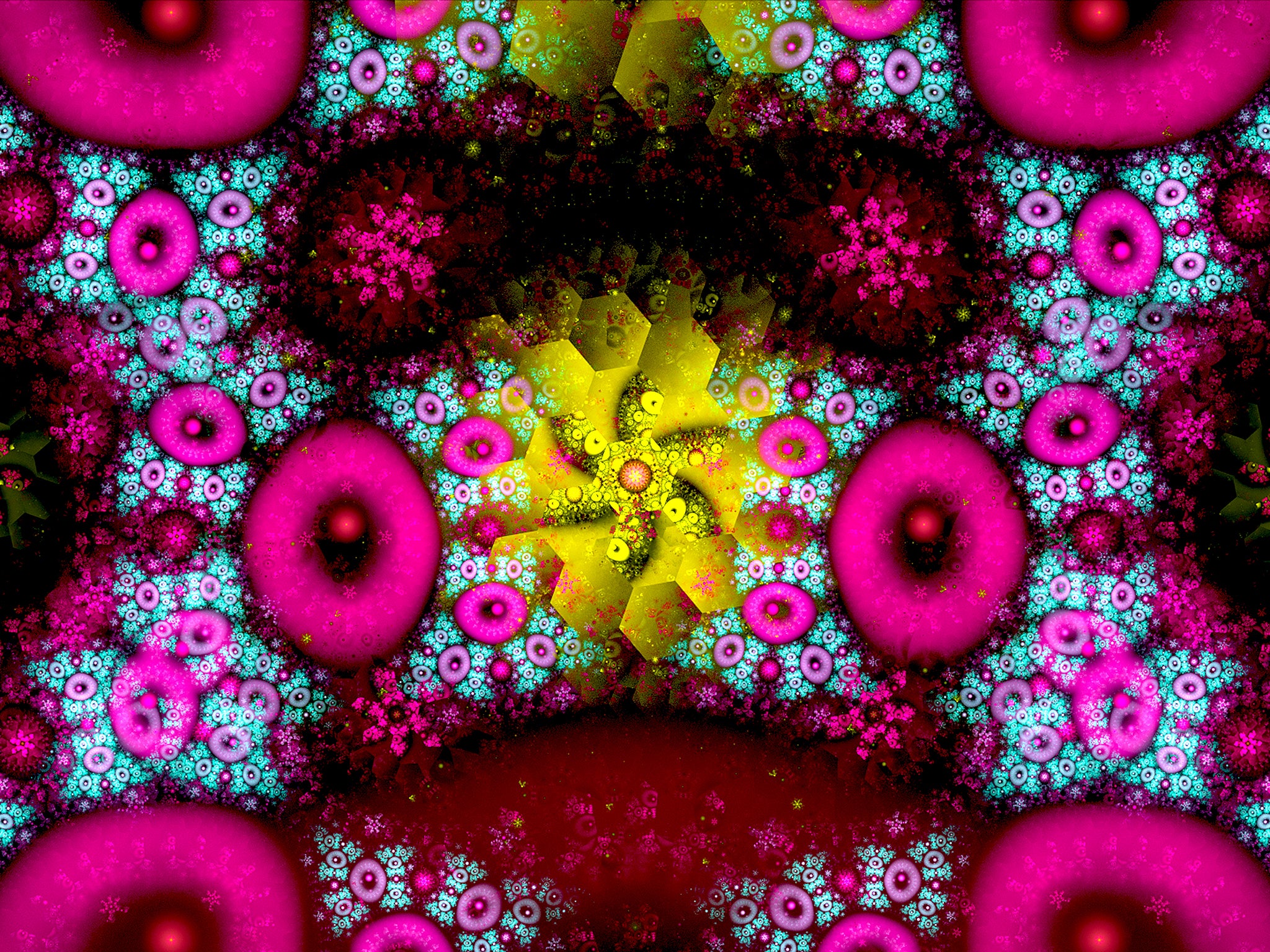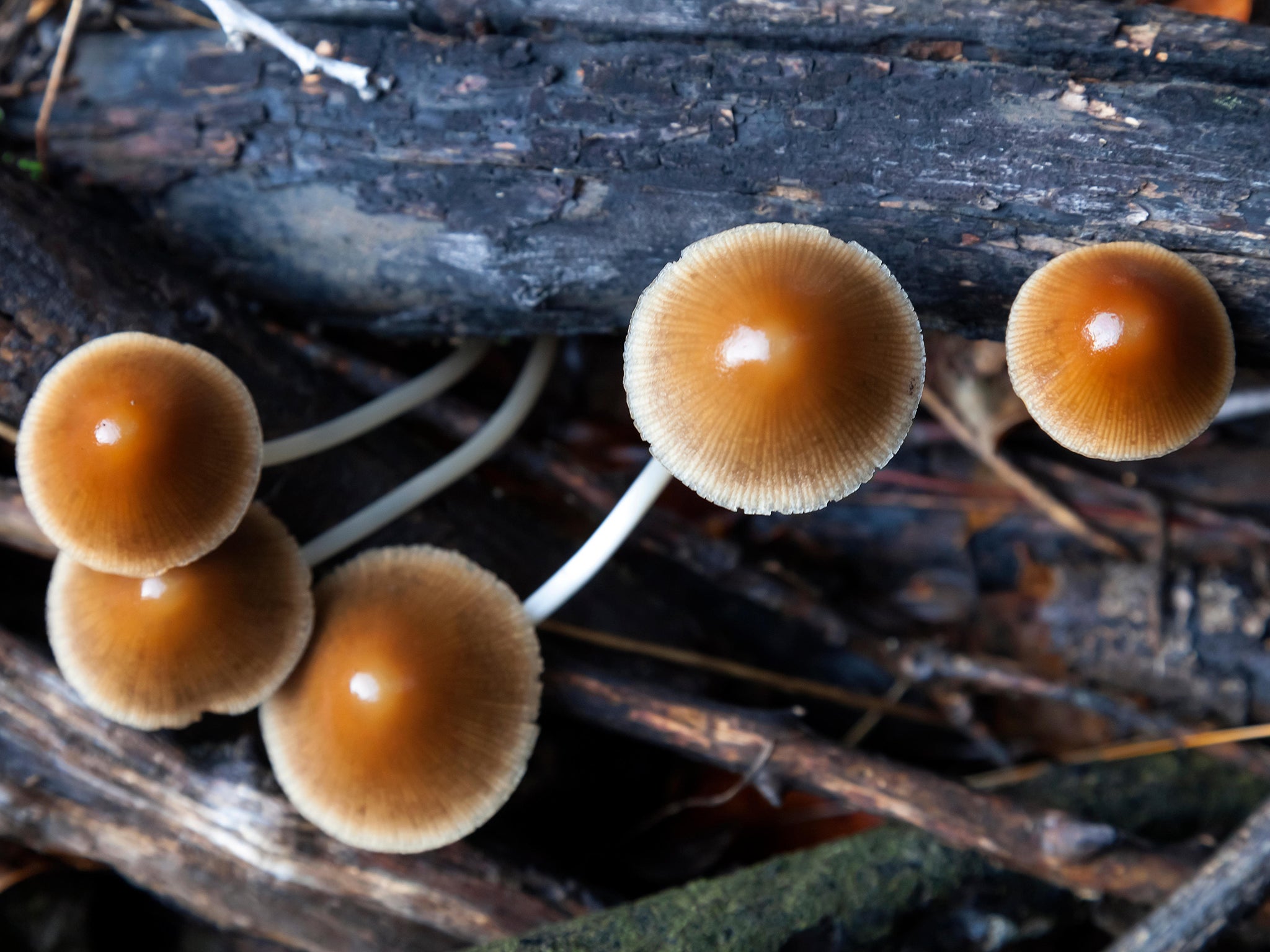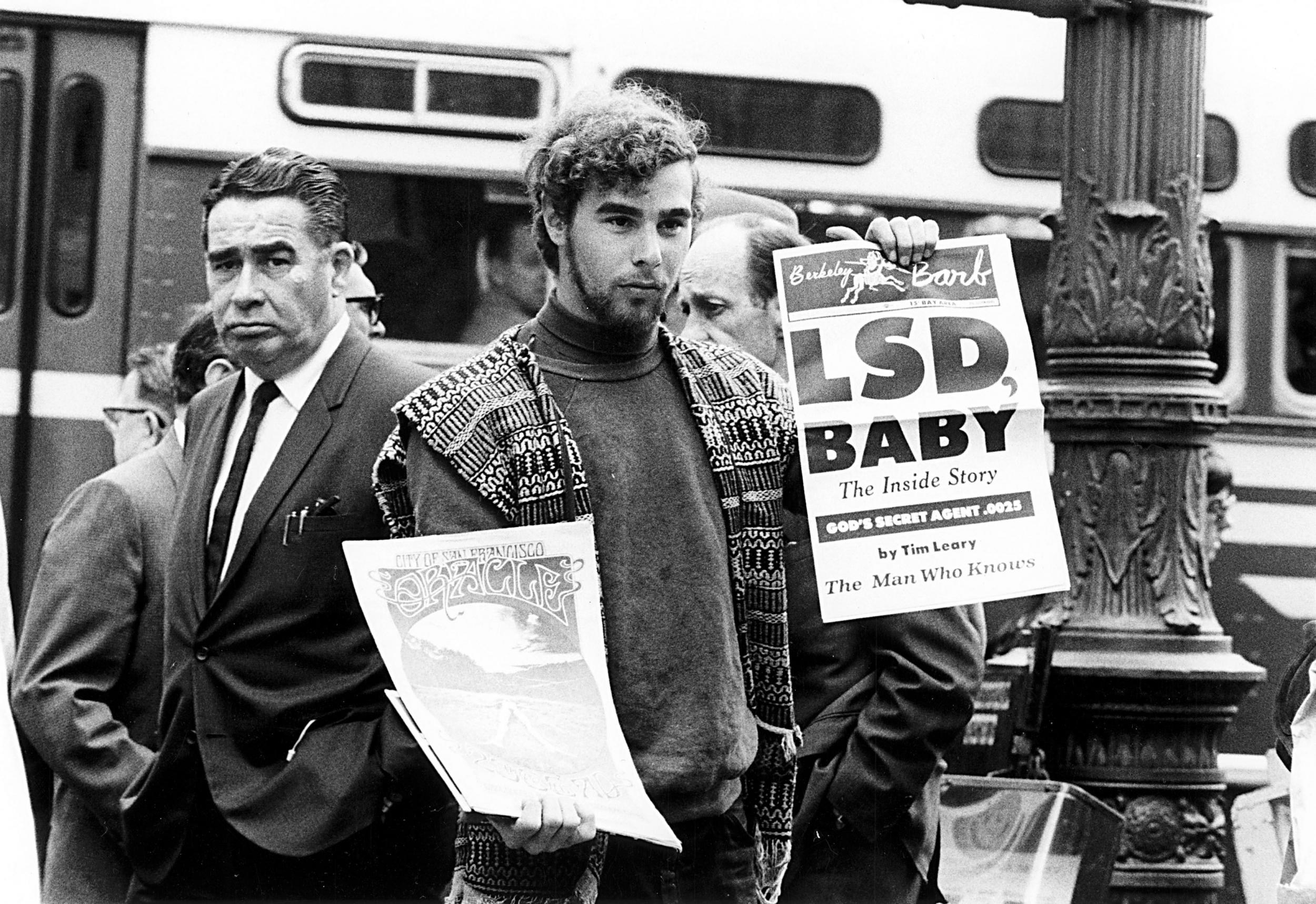Macrodosing psychedelics: The story of one straitlaced writer's journey into mindbending drugs
Mainstream science ceded the ground of psychedelics decades ago, now it’s trying to get it back

Your support helps us to tell the story
From reproductive rights to climate change to Big Tech, The Independent is on the ground when the story is developing. Whether it's investigating the financials of Elon Musk's pro-Trump PAC or producing our latest documentary, 'The A Word', which shines a light on the American women fighting for reproductive rights, we know how important it is to parse out the facts from the messaging.
At such a critical moment in US history, we need reporters on the ground. Your donation allows us to keep sending journalists to speak to both sides of the story.
The Independent is trusted by Americans across the entire political spectrum. And unlike many other quality news outlets, we choose not to lock Americans out of our reporting and analysis with paywalls. We believe quality journalism should be available to everyone, paid for by those who can afford it.
Your support makes all the difference.Microdosing is hot. If you haven’t heard – but you probably have, from reports of its use at Silicon Valley workplaces, from Ayelet Waldman’s memoir A Really Good Day, from dozens of news stories – to microdose is to take small amounts of LSD, which generate “subperceptual” effects that can improve mood, productivity and creativity.
Michael Pollan’s new book, How to Change Your Mind, is not about that. It’s about macrodosing. It’s about taking enough LSD or psilocybin (mushrooms) to feel the colours and smell the sounds, to let the magic happen, to chase the juju. And it’s about how mainstream science ceded the ground of psychedelics decades ago, and how it’s trying to get it back.
How to Change Your Mind is a calm survey of the past, present and future. A book about a blurry subject, it is clear eyed and assured. Pollan is not the most obvious guide for such a journey. He is, to judge from his self-reporting, a giant square.
In the prologue, he describes himself as someone “not at all sure he has ever had a single ‘spiritually significant’ experience”, a pretty straitened admission even for an avowed atheist. “I have never been one for deep or sustained introspection,” he writes later. You often find yourself thinking: this guy could really use a trip.
And he takes one. More than one. He learns things from them, but he also doesn’t overplay his experiences, admitting that he never felt his ego had “completely dissolved”, as some others report happening.

Pollan’s initial scepticism and general lack of hipness work wonders for the material. The problem with more enthusiastic or even hallucinatory writers on the subject is that they just compound the zaniness at the heart of the thing; it’s all too much of the same tone, like having George Will walk you through the tax code.
Like another best-selling Michael (Lewis), Pollan keeps you turning the pages even through his wonkiest stretches. We get history, starting with Albert Hofmann, who first synthesised LSD in 1938 and embarked on “the only LSD trip ever taken that was entirely innocent of expectation”; profiles of current-day proselytisers and mushroom hunters; analyses of brain-scanning technologies and government policy.
If Pollan’s wide-ranging account has a central thesis, it’s that we’re still doing the hard work of rescuing the science of psychedelics from the “countercultural baggage” of the 1960s.
Timothy Leary and his tuning-in, dropping-out crowd so successfully branded the drugs as accoutrements of hippie culture that in the mid-Sixties “the exuberance surrounding these new drugs gave way to moral panic,” and soon after that “the whole project of psychedelic science had collapsed”.
Before collapsing, though, that project discovered in psychedelics the same potential that scientists are exploring as they reclaim it today: possible help in treating addiction, anxiety and depression, and “existential distress” – common in people “confronting a terminal diagnosis,” which of course, broadly speaking, is all of us.
From 1949 to 1966, the pharmaceutical company Sandoz dispensed free amounts of “however much LSD any researcher requested” to conduct trials. In 1957, before Leary had even tripped for the first time, R Gordon Wasson, a New York banker, published a lengthy essay in the far-from-radical Life magazine about taking mushrooms in Mexico.

In Mexico and elsewhere, experiences with naturally occurring hallucinogens predated Hofmann’s discovery of LSD by a long, long time. The wonderfully named but factually dubious “stoned ape theory” posits that great evolutionary leaps were made when early humans ingested psilocybin.
It’s unlikely that tripping led directly to, say, the development of language, as some proponents of that theory claim. But more convincing conjectures include the one Wasson made about mushrooms in Life: “One is emboldened to the point of asking whether they may not have planted in primitive man the very idea of a God.”
Like many who claim to encounter the divine, trippers often come back with knowledge comically difficult to convey. Plenty of testimonies cited in How to Change Your Mind are nontransferable mental checks.
“I became the music for a while,” one person recounts after a trip. Another: “I don’t know why he’s yellow and lives in my left shoulder.” And Pollan himself: “It suddenly dawned on me that these trees were – obviously! – my parents.”
You get the point(lessness). But unlike people drunk or high who feel compelled the next day to shake their heads at what they did or thought under the influence, psychedelic users often feel the opposite, as if it’s important to keep a foot in the place they were while gone.
They might not credit the man in their shoulder, but their philosophical revelations about self and relationships and need and perspective last longer than you might expect. Pollan writes: “The traces these experiences inscribed remain indelible and accessible.”

William James, whose openness to mystery makes him one of the guiding lights of Pollan’s book, once wrote of the substantial aftermath of mystical experiences: “Dreams cannot stand this test.”
In all of this is an assumption that the true value of psychedelics is not the experience of them – the grooviness of the moment – but the sediment the experience leaves behind.
It’s possible these effects can be chalked up, in part, to the drug’s effect on the brain’s so-called default mode network, especially the part associated with self-referential thought.
Pollan grants, if briefly, that turning off the network – truly getting over yourself – might also be achieved through “certain breathing exercises”, or through “sensory deprivation, fasting, prayer, overwhelming experiences of awe, extreme sports, near-death experiences and so on”.
Pollan doesn’t give a lot of prime real estate to psychedelics’ naysayers. But given that those on LSD can appear to be losing their minds, and that the drug leaves one feeling emotionally undefended (a potential benefit as well as a profound risk), he does strongly recommend having an experienced guide in a proper setting when you trip.
With those safeguards in place, he believes usage could be on the verge of more widespread acceptance, pointing out that plenty of other once widely derided practices redolent of the Sixties, like yoga and natural birth, are now common.
There is a notable amount of talk in the book about metaphors; so much so that trips start to feel like textual events as much as physical ones. Pollan writes of emerging from psychedelics or meditation with “usable ideas, images or metaphors”.

One researcher says that describing his own mystical experience involved “metaphors or assumptions that I’m really uncomfortable with as a scientist”.
Perhaps the hardest thing for the more sceptical and less mystically inclined of us to accept is that mulling these metaphors often turns people into, in Pollan’s handy phrase, “fervent evangelists of the obvious”.
Yet you end the book wondering if obvious things are all that bad. Aldous Huxley wrote of feeling, on psychedelics, “the direct, total awareness, from the inside, so to say, of Love as the primary and fundamental cosmic fact”.
These words, Huxley continued, “of course have a kind of indecency and must necessarily ring false, seem like twaddle. But the fact remains...”
© New York Times
Join our commenting forum
Join thought-provoking conversations, follow other Independent readers and see their replies
Comments